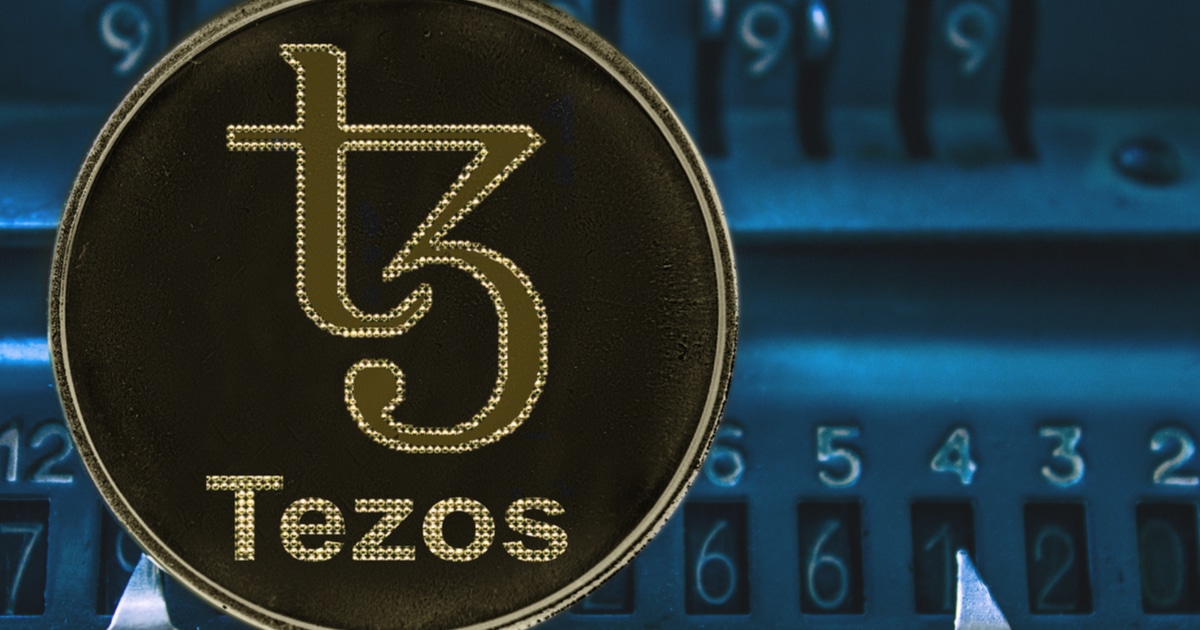Terrill Dicki
Sep 19, 2024 15:37
Tezos (XTZ) leads the blockchain industry with its innovative staking model, offering unparalleled accessibility, security, flexibility, and high rewards.
Tezos (XTZ) has established itself as a pioneer in the blockchain world by introducing a truly decentralized and efficient Proof of Stake (PoS) mechanism, according to Tezos Spotlight. Many other blockchains, including Ethereum and Cardano, have followed in its footsteps by adopting similar mechanisms.
Tezos has continually refined its staking model, making it one of the most accessible, secure, flexible, and rewarding systems available. This article delves into these key attributes.
Accessibility: Staking without Barriers
Tezos stands out for its unparalleled accessibility. Unlike many other blockchains, Tezos imposes no minimum staking requirement. This inclusivity allows anyone to stake their tez (XTZ) with any amount, making it one of the most inclusive staking ecosystems in the blockchain space.
In contrast, Ethereum requires 32 ETH to stake as a validator, putting direct participation out of reach for most users. While third-party services and staking derivatives enable staking with smaller amounts on Ethereum, these solutions often come at the cost of self-custody, requiring users to trust intermediaries.
Self-Custody: Secure Staking from Your Wallet
Tezos staking is all about self-custody, meaning users maintain full control of their funds the entire time. You can stake directly from your wallet without moving your XTZ anywhere. Even if using a hardware wallet like Ledger, you can stake your tez while keeping it safely offline.
Unlike Ethereum, there’s no need to send funds to staking contracts or trust any third party. Simply open your wallet, pick a baker (validator), and you start earning rewards. With the new staker role, rewards are automatically sent straight to your wallet by the protocol, making the process simple and secure.
High Rewards: Why Tezos Staking Yields More
Currently, Tezos offers an impressive ~16.5% APY on staking rewards, significantly higher than most other blockchains. In comparison:
- Ethereum: 4–6%
- Solana: 5–7%
- Cardano: 3–6%
This boost is attributed to the latest protocol upgrade (ParisB), which introduced adaptive issuance and a new staking role. In this updated model, more emphasis is placed on locked staking versus delegations, doubling the rewards for stakers compared to delegators.
Since not many people have transitioned to the new staking option yet, those who do are reaping the benefits of higher rewards. It’s not due to crazy inflation but rather a hidden opportunity that most people haven’t caught onto yet.
Flexibility: Options for Every Staking Preference
Tezos offers remarkable flexibility in staking, providing options that cater to different preferences and levels of commitment. Whether seeking higher rewards or wanting to keep funds easily accessible, Tezos has a solution:
-
Staking: For those looking to maximize returns, staking offers significantly higher rewards, with APYs that are double what you’d earn through delegation. The locking period in Tezos is ~11 days (4 cycles), much shorter compared to other chains like Cosmos (21 days) and Polkadot (28 days).
-
Delegation: If you prefer to keep your XTZ liquid, Tezos allows you to delegate your funds to a baker without locking them up. This allows participation in staking while maintaining the flexibility to withdraw or move funds whenever you like, still earning rewards on your liquid balance.
The beauty of Tezos staking is that you aren’t locked into just one approach. You can choose to lock up a portion of your XTZ for higher returns while delegating the rest of your balance to stay liquid, giving you the best of both worlds. This kind of flexibility is hard to find in other blockchain ecosystems, making Tezos truly unique.
Tezos has perfected its staking system, offering the ideal mix of accessibility, control, great rewards, and flexibility. With choices that suit any staking preference, Tezos allows users to be as hands-on or hands-off as they like while benefiting from one of the most rewarding and flexible staking models available. And with a solid ~16.5% APY, there’s no better time to jump in.
For more details, visit the official source on Tezos Spotlight.
Image source: Shutterstock














